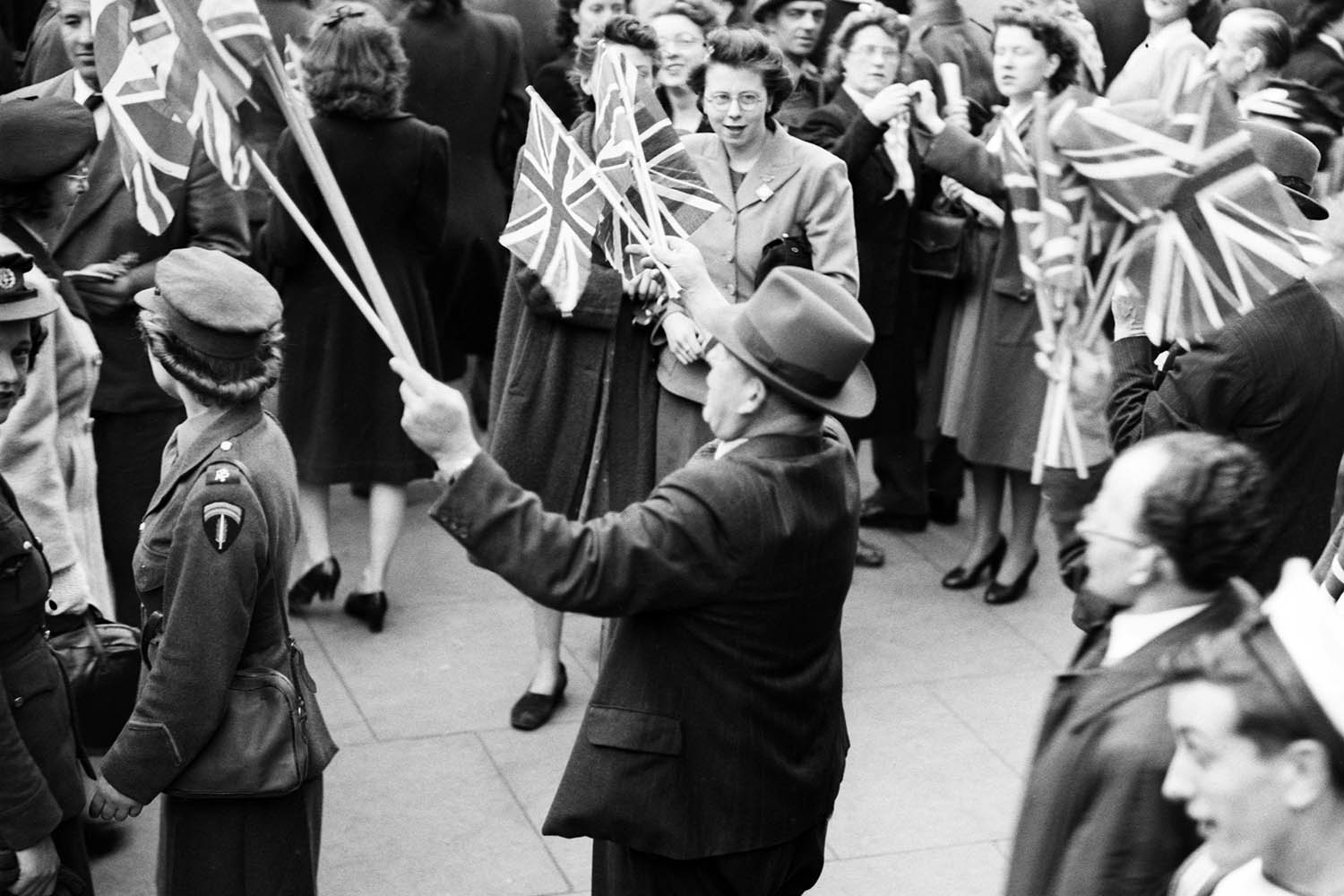Twelve Post-War Tales
Graham Swift
Scribner, £18.99, pp304
There can surely be no better contemporary writer to take on history’s circularities than Graham Swift. He is the consummate dissector of class-ridden, mostly late 20th-century England, from his 1980 debut novel The Sweet Shop Owner through to Waterland, Last Orders (winner of the 1996 Booker prize) and the virtuoso novella Mothering Sunday: A Romance (2016), in which a doomed interwar clandestine relationship between a maidservant and the son of the “big house” becomes the catalyst for unlikely and unforeseen change.
It is appropriate, then, that Swift’s new work of fiction is published on the 80th anniversary of VE Day. The Twelve Post-War Tales of the title are not linked in any obvious sense beyond the fact that they are all set towards or after the end of the second world war. The postwar world is the framework, and what a world it is under Swift’s dispassionate but humane gaze. Chronology is dispensed with by the placement of the stories in non-linear time: the book opens in Germany in 1959; the next tale moves to England during the 2020 pandemic. The effect of this is striking – a variegated lens on conflict and resolution through the decades, as experienced by ordinary people living through extraordinary moments: individual, global.
The collection begins with The Next Best Thing, a chilling, painful encounter between a young British Jewish soldier stationed in Germany and a civil servant who had once the course of the war turned in the Allies’ favour, spent two years as a POW in England, “in sodden, rainswept Lincolnshire”. The war has been over for 14 years but the soldier, Private Caan, is seeking information about disappeared relatives. His parents had managed to get out of Germany in 1939; his father dying in the North Africa campaign, fighting for the country that had taken him in. That Herr Büchner, the German, had been part of that same campaign is one of the story’s subtle, clever coincidences. Büchner, keen to practise his excellent English with all its acquired idioms, is discomfited by the younger man’s awkwardness and descends into the role of officious bureaucrat almost by default. The unspoken horrors to which the “needy and haunted” Caan mutely seeks an answer is the story’s naggingly oppressive heart; “something unspeakable had been discovered near the small town of Bergen…” recalls Büchner as he waves him away, but now, thanks to “national penance… their hands were clean. Look, perfectly clean.”
This fine piece could be a counterpart to Black. In 1984, as Nora, in her late 50s, watches TV footage of police brutality against striking miners, she remembers her violently abusive father, a pit worker, and the hot August evening in 1944 when she sat next to an engaging young black US serviceman on the local bus. This decision, in defiance of her best friend’s tutting and their neighbours’ opprobrium, was as much a way to finally break free of her father’s control – his coal-dusted face and “hard black heart” – as it was an act of common decency. Reflecting back, “she could have had no idea of how weird and distressingly free” it must have been for the serviceman from segregated Alabama “to be able to get on a bus, to choose his own seat”.
Memory is the touchstone of each tale, but it rarely succumbs to the sentiment of nostalgia, except perhaps in Chocolate, a breezy bit of bar banter that comes across as a simple vignette. The gorgeously nuanced Blushes features a retired respiratory consultant doing his bit in the pandemic, harking back to another significant period of before and after: his 10th birthday party and a subsequent bout of scarlet fever, swiftly followed by his parents’ divorce. Similarly, in Hinges, a woman at her father’s funeral recalls the handsome carpenter who came to replace their front door long ago when she was nine; the first frisson she’d felt at a maleness that was not paternal. Now the past fuses with the present: “Two objects of carpentry. A door and a coffin. It was like the answer to a riddle.”
Less successful are the contrivances of Zoo, in which a Filipina maid, self-pronounced as fated since the day of her birth coincided with Kennedy’s assassination, happens to be working at London’s US embassy on September 11. Beauty is a stark, non-consolatory account of a man’s displacement at the suicide of his student granddaughter. The girl was born in the year 2000, a millennial baby destined for “momentous” things. Meanwhile, an octogenarian woman in Passport, still mourning her orphanhood during the war – “a lifetime’s occupation” – tries to understand why she has renewed a vital document “out of a sense of duty” and also the “key to remembering” her past.
“Growing up in the 1950s, there was all the physical evidence of war,” Swift has said. This beautiful cluster of stories shows how vital it remains in recollection.
Order Twelve Post-War Tales at observershop.co.uk for a special 20% launch offer. Delivery charges may apply
Photographs by Mirrorpix/Getty
Newsletters
Choose the newsletters you want to receive
View more
For information about how The Observer protects your data, read our Privacy Policy
